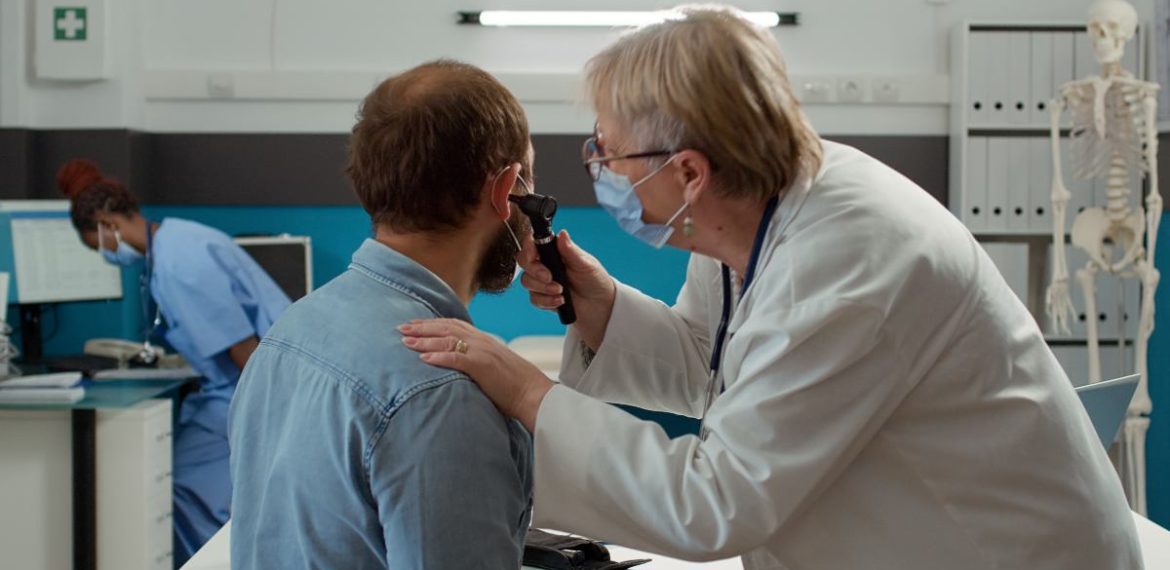Unlocking Minds: A Psychiatrist’s Journey Through Psychotherapy

Step Into The Captivating World Of Psychotherapy With Unlocking Minds:
In A Psychiatrist’s Journey Through Psychotherapy, we explore the transformative power of therapy. Delving into the intricacies of the human mind, a dedicated psychiatrist guides patients on a journey of self-discovery and growth through psychotherapy. Empathy, compassion, and scientific expertise unlock the potential for healing and personal development. Join us as we unravel the complexities of psychotherapy and gain insight into the human psyche, offering hope and shedding light on its transformative power.
The Role Of A Psychiatrist In Psychotherapy
In psychotherapy, the psychiatrist, a trained medical doctor specializing in mental health, plays a crucial role in guiding patients toward healing and self-discovery. With their unique blend of medical knowledge and psychological expertise, psychiatrists diagnose and treat mental health disorders using evidence-based approaches like cognitive-behavioral therapy (CBT) and psychodynamic therapy. They establish a therapeutic alliance with patients by providing a …

 If you happen to’re new to weight training, you would possibly wish to look for the very best exercise plan for newcomers. Unique fitness magnificence Dana Hamm has appeared in health magazines like Muscle Mag, Planet Muscle and Muscular Growth. Runkeeper – GPS Monitor Run Stroll is among the best android app utilized by 50 million people across the globe. Warmups, cooldowns and stretching may help forestall injury and build muscle elasticity. Heat up, stretch and funky down earlier than and after each exercise. Consult your doctor before starting a brand new train plan to make sure safety to your well being. 1. Re-evalute your health plan. Feel like your fitness plan needs a refresher? Sit down for a few minutes, analyze your current health level. Then write down your health targets. Next make a plan to achieve these objectives. Seek the advice of your favourite fitness mags, or blogs …
If you happen to’re new to weight training, you would possibly wish to look for the very best exercise plan for newcomers. Unique fitness magnificence Dana Hamm has appeared in health magazines like Muscle Mag, Planet Muscle and Muscular Growth. Runkeeper – GPS Monitor Run Stroll is among the best android app utilized by 50 million people across the globe. Warmups, cooldowns and stretching may help forestall injury and build muscle elasticity. Heat up, stretch and funky down earlier than and after each exercise. Consult your doctor before starting a brand new train plan to make sure safety to your well being. 1. Re-evalute your health plan. Feel like your fitness plan needs a refresher? Sit down for a few minutes, analyze your current health level. Then write down your health targets. Next make a plan to achieve these objectives. Seek the advice of your favourite fitness mags, or blogs …
